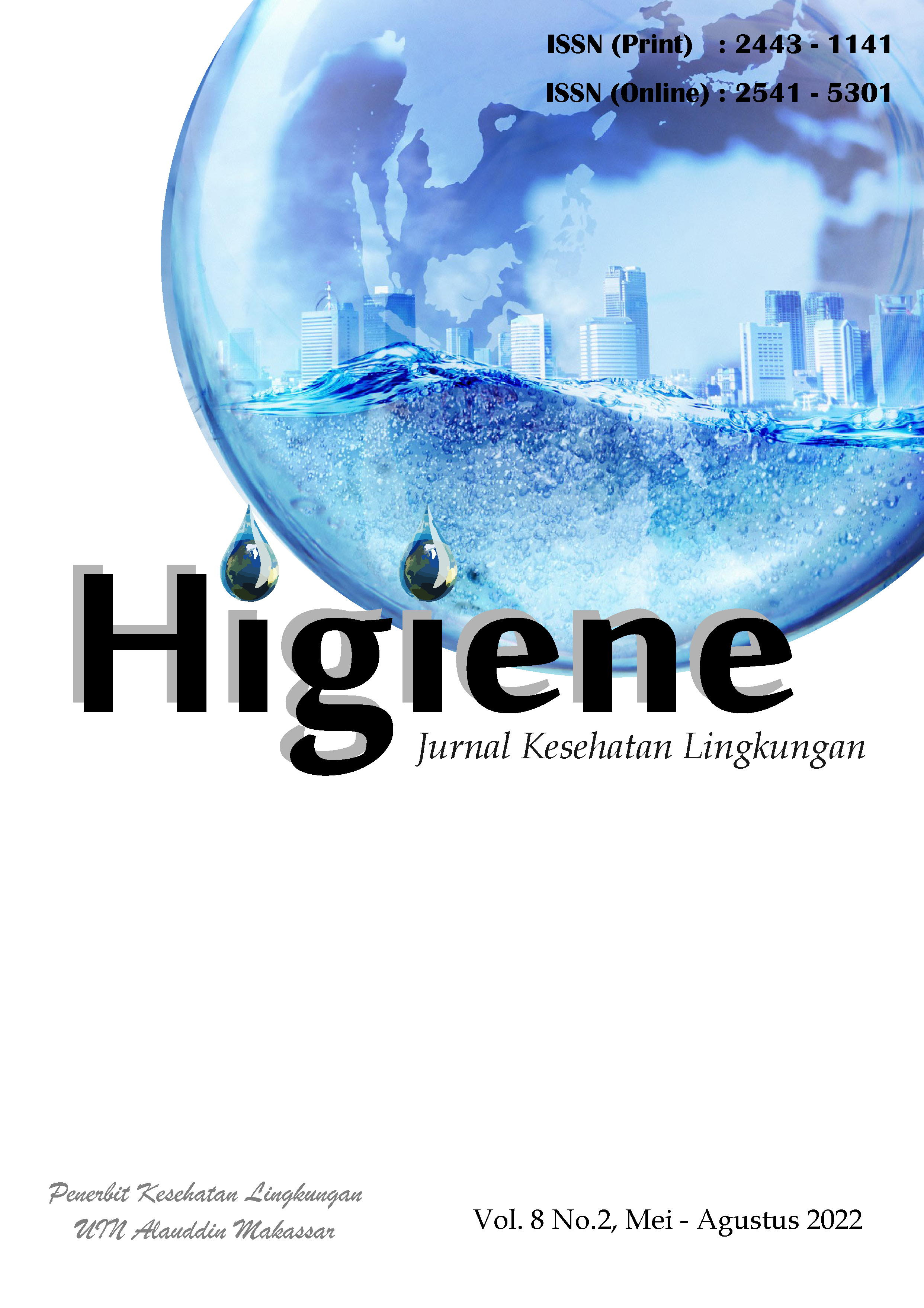Covid-19 Vaccination Hesitancy in South Sulawesi Province: A Cross-Sectional Study
Abstract
The World Health Organization labels vaccine hesitancy among top ten threats to global health. This study aimed to assess doubts, and related factors among people in South Sulawesi Province when the vaccination program was intensively carried out. This study used a web-based cross-sectional design. Online-based data collection was carried out in March-April 2022. The sample was a selected non-probability sample of social media users aged 17-65 years and domiciled in South Sulawesi Province. A total of 579 respondents' statements were successfully collected. The findings from this study showed various forms of relationships between vaccine hesitancy and socio-demographic, economic, and trust in government factors. The results of this analysis also showed that respondents who had incomplete vaccinations tended to be 16 times more hesitant to receive the vaccine than those who had completed their vaccine status. Respondents who did not believe in the government's performance tended to be 2 times more hesitant to accept vaccines than those who supported the government. Respondents who were not yet married tend to be 2 times more hesitant about receiving vaccines than those who were married. Respondents who had a history of co-morbidities tended to be 1 times more hesitant about receiving the vaccine than those without a history. Society needs to increase literacy in preventing the emergence of transmission of Covid-19. The ability to fight disease through health protocols must also be supported by trust in vaccination programs, and increasing immunity by utilizing immune-boosting food products.
Keywords: Vaccination in South Sulawesi; Vaccination Compliance; Vaccination Hesitancy


